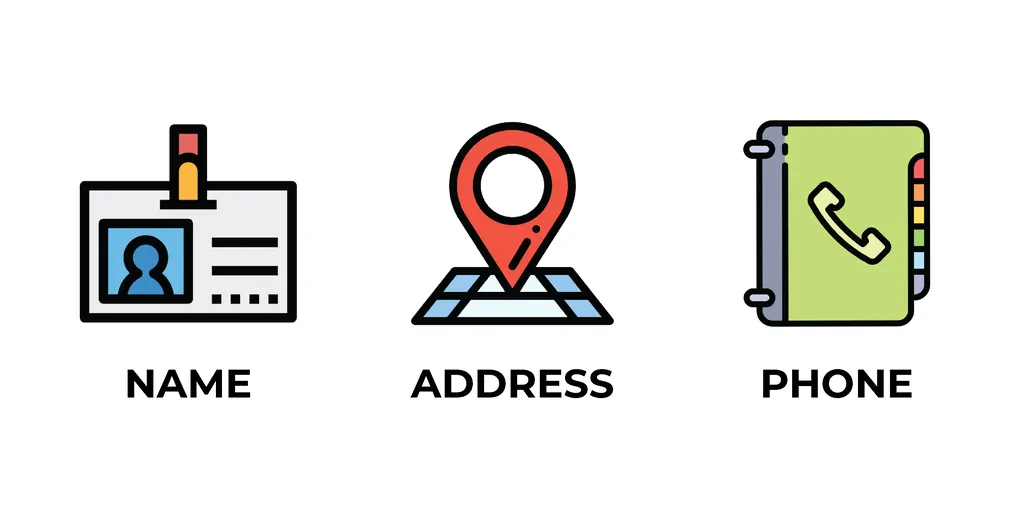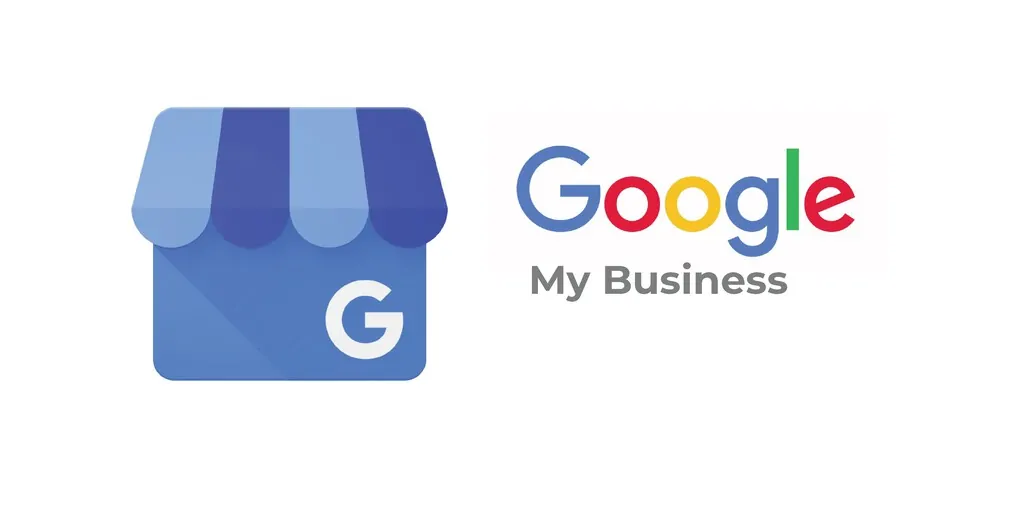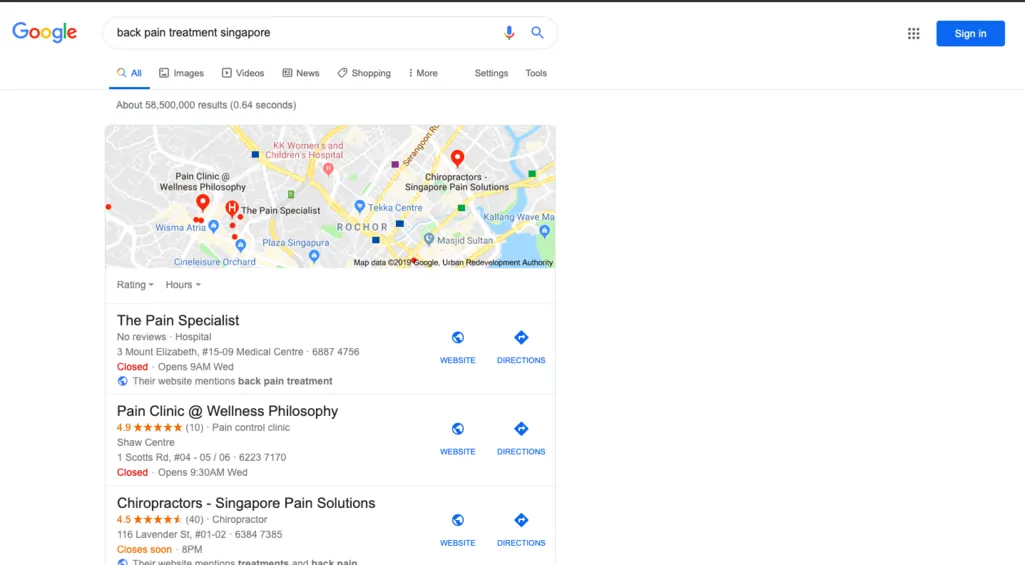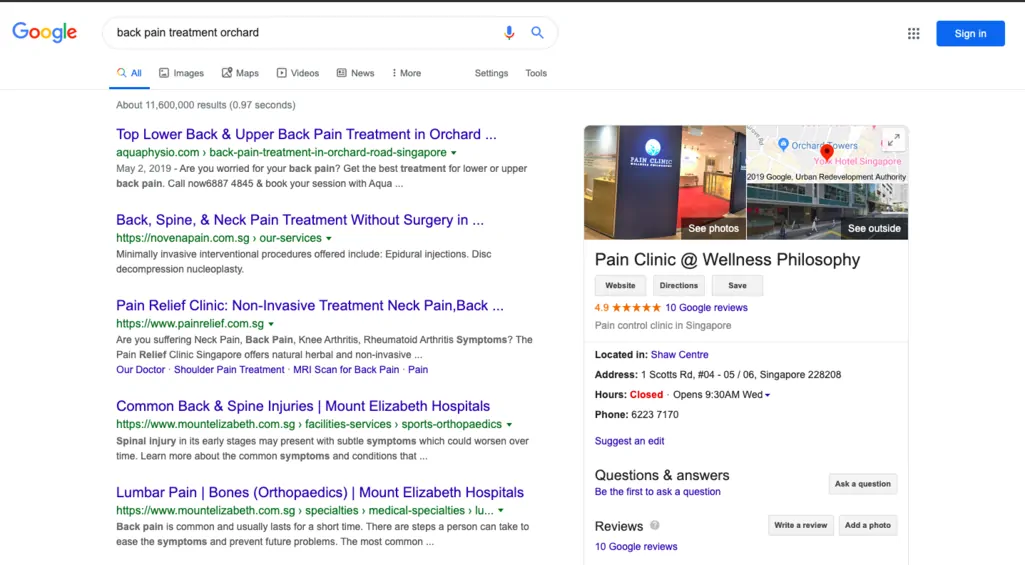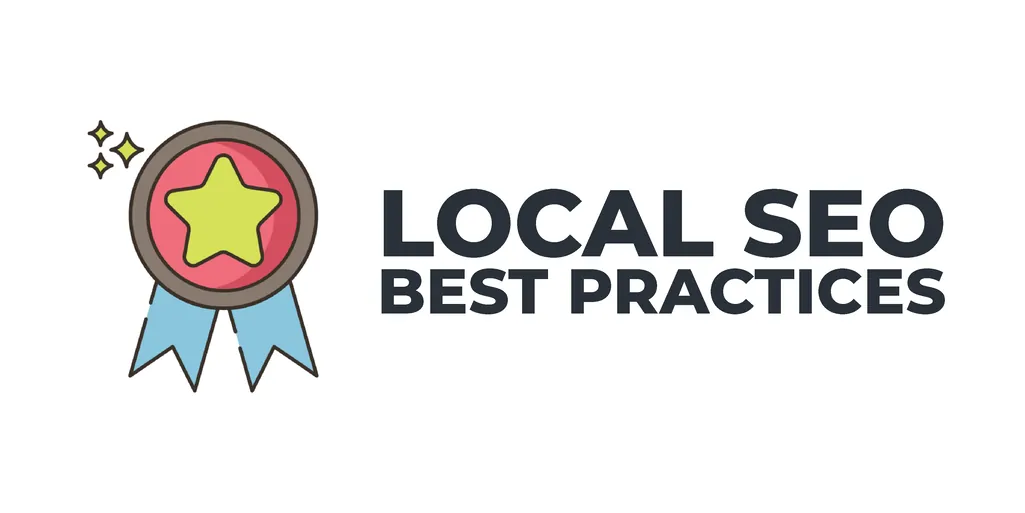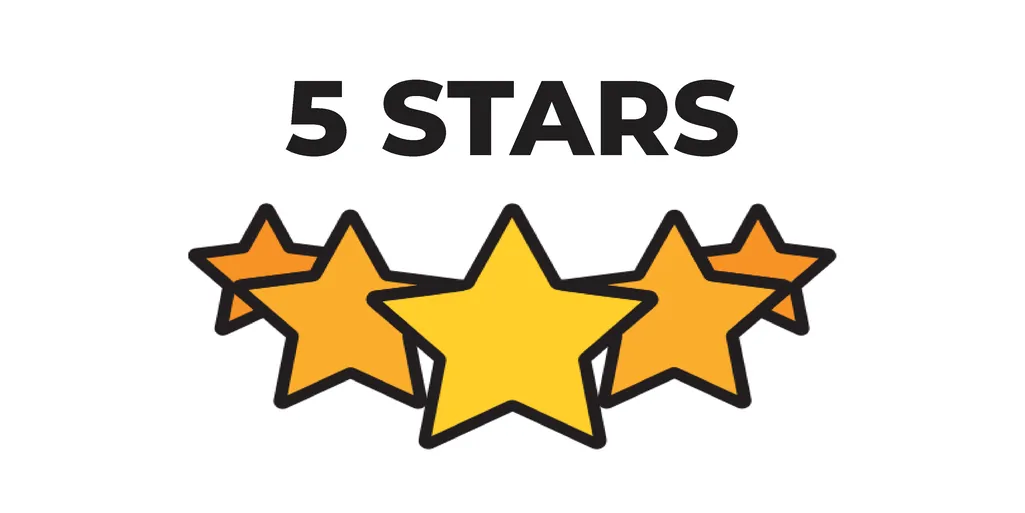The awesome thing about having a website is that you are able to reach audiences from all around the world. The bad thing about reaching these audiences is that everyone else wants to reach them too! Let me ask you a question, what’s the use of reaching international audiences if you can only service a certain area?
If you’re running a business serving only a specific country, city, or even neighbourhood, local search engine optimisation is something that you need to actively try to rank for. It is the process of getting indexed for localised search terms so that potential customers in your locality are able to find you!
Why is Local SEO Important for Small Businesses?
Have you ever gone to Google and searched for something in a certain area? I find myself guilty of this especially if I’m looking for something in a specific location!
“Nice things to eat in Jurong”
“Fun things to do in Singapore at night”
“Budget date ideas in Singapore”
You get the point.
Chances are, your potential customers are unknowingly searching for your business in location-specific searches. If you don’t appear in these local searches, you’re missing out on a lot of potential sales that you could be generating immediately!
Here are some statistics for you to consider
- 46% of Google searches have local intent
- 96% of PC owners, 79% of mobile owners, and 81% of tablet owners conduct local searches
- 78% of mobile local searches result in purchases – 73% of them in a physical store, 16% on the phone, and 11% online
- 76% of these searches result in purchases on the same day, while 63% within a few hours
- 64% of local customers use search engines and directories to look for businesses
Don’t get me wrong, reaching international audiences has its merits. But why would you want to forgo local audiences when the chances of them purchasing from you are much higher than those who are not in your area?
Different Types of Local Search Listings
Before you start optimising for local search, it is best to understand the different types of local search listings.
The first one as most of us know is the normal Google search results. When you type in your search query on Google, the list of websites shown on the first page results is usually tailored to the relevancy of the search, followed by the authoritativeness of your website.
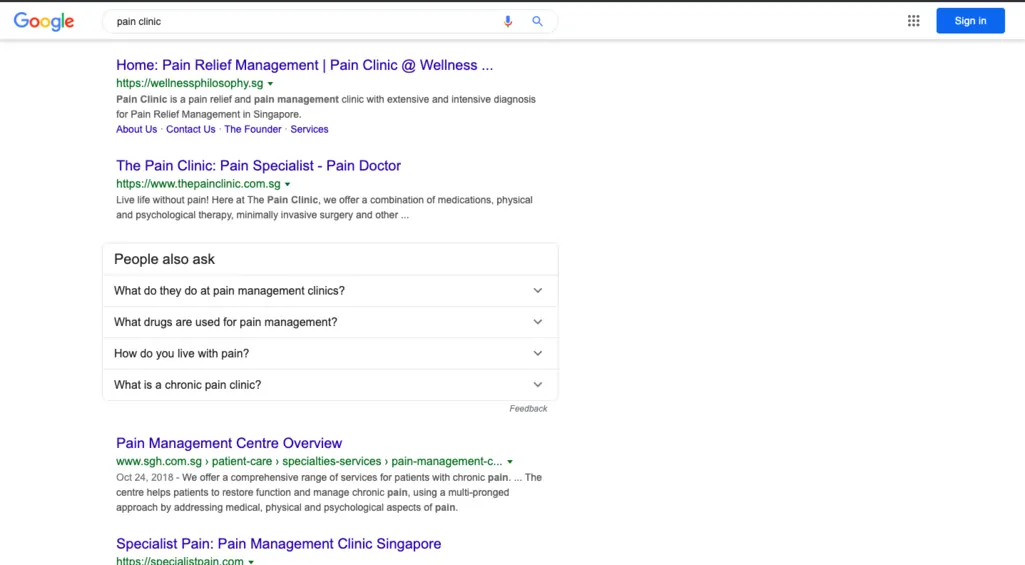
The second type of local listing if you’ve noticed is the Google Maps listing. This is Google’s local listing of businesses that are within your proximity or your search proximity.
These listings on Google Maps are my favourite to get ahead of the competition as they are much easier to rank for, take a whole lot of real estate in the search results, and customers who see these listings usually have a higher purchasing intent!
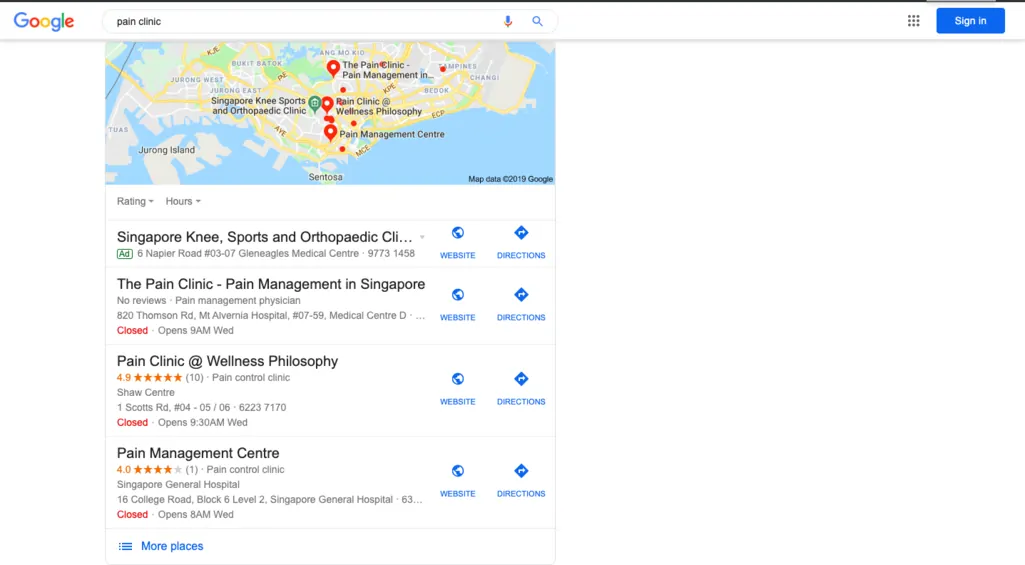
Who Benefits from Local SEO?
If you’re a small business operating on one or multiple shopfronts, you seek to benefit from local SEO most as there is lesser competition to begin with.
The normal Google search results are filled with competition from big players with high budgets, while on Google maps, you only compete with competitors in your area. Medical & healthcare practitioners, restaurants, and service-based businesses generally find the best results from local SEO.
As seen from the image above, Google Maps also allows searchers to visit your website and get directions to your store. Most of the time, these results are businesses that are nearby, allowing searchers to head to the nearest option of their choice. Therefore, it is something that small businesses should definitely optimise and take advantage of to increase their sales traffic.
Do Large Businesses Benefit from Local SEO?
I personally think that large businesses will not benefit from local SEO as much as small businesses. Larger businesses tend to have an office that aims to service a larger audience, be it state-wide, countrywide, or even internationally. Unless you accept walk-ins to your office, a focus on the normal search results would yield higher conversions.
However, if you’re a large business with multiple storefronts serving customers in different areas, local SEO for each store would increase the amount of traffic to your stores.
How to Rank in Local Search?
Name, Address, Phone Number
The most important factor affecting your local search ranks is your Name, Address, and Phone Number (NAP). First things first, grab a pen and paper, and write down a standardised version of your NAP.
Name: Your Business Pte. Ltd.
Address: 123 Small Business Lane, Singapore 123123
Phone Number: +65 6123 4567
When you write this information down, make sure to standardise it to the exact detail. If your business includes the dot in Pte. Ltd., make sure you don’t just put Pte Ltd or Private Limited somewhere else.
If your address postal code is Singapore 123123, make sure to write Singapore 123123 instead of S123123 in some places.
If your phone number includes your country code, make sure your country code appears every time you key in your NAP.
This information is important when obtaining “citations” from local websites and keeping it consistent throughout your online presence is crucial to help search engine crawlers understand that it belongs to you.
If there’s a slight difference in your NAP, there is a possibility that search engines might mistake that information for someone else’s and award their website a boost in rankings. You don’t want that risk, do you?
Google My Business
Remember the Google Maps listing I showed you above? Well, it’s actually called Google My Business (GMB). If your business is not registered for this service yet, there’s a possibility that it’s already on the listings.
All you have to do is to make a search on Google for your business name, look for your business listing if it’s there, and click “Claim My Business”. Follow the steps after to register for your GMB Account.
If it’s not there, head to Google My Business and create your account from there.
Do I need a Google My Business Account?
The answer is yes! Google My business is important for your local SEO strategy and having a GMB account allows you to take advantage of its benefits. A GMB account allows you to provide more accurate information about your business to Google.
Not only it is important to have the most accurate and up-to-date information, but GMB also allows you to optimise your business profile to rank for more keywords on Google. Without a GMB account, your business is only shown based on what Google determines best. With a GMB account, you can try to get ranked for keywords you want to get ranked for!
Note: The more accurate and detailed you make your GMB profile to be, the more search terms you will appear for.
Look at the below example when you search for “back pain treatment singapore”
Now look at the difference if you search for “back pain treatment orchard”
Do you notice how even though Pain Clinic @ Wellness Philosophy doesn’t rank on the normal Google search result for this term, but has a FULL PAGE for this search result due to Google My Business?
From both searches, you can see that different search terms will show different business listings on GMB. This is because each business is competing for different keywords to rank for, and then Google decides which one is the most relevant for users.
It also shows you that if you type in different locations, different results will show, despite Orchard being in Singapore. This highlights the importance of Google My Business for small businesses and why you should use it as part of your local SEO strategy.
Besides, you can create events, upload images, post content, and even collect customer reviews! All these contribute to your rankings in Google Maps and will increase your conversion rates from Local SEO. The more active you are on Google My Business, the more likely you are able to make your business show up on Google search!
Local SEO Tips & Best Practices
Apart from what was stated above, there are other things that you could do to get your business and your website to rank on Google’s local business listings. Check out some tips and best practices that you should adopt for your local SEO below:
Online Directories
Online directories are a great place to not only rank on local search, but also helps you with your backlinks. Online directories such as Yelp, Foursquare, and Yellow Pages are good places to begin with. You should also consider listing on Bing Places – a Google My Business for Bing’s search engine.
Each of these platforms has its own directories for specific countries. By registering and listing your business on these platforms, you tell search engines more about your business and increase your chances to improve your local business ranking.
You should also look for directories specifically in your industry. If you’re in the healthcare industry, HealthHub.sg or Practo.com is a good place for you to register your business. If you’re running a gym, JustRunLah.com could be an option for you!
If you have difficulties finding these directories, a tip I’d like to share is to type in “____ directories Singapore”. Simply fill up the blank based on whatever industry you’re in and search it on Google. Of course, you should also change Singapore to the location where your business operates in!
Reviews
Some of these online directories have review functions built into their platforms. It is essential for small businesses to garner reviews from platforms such as Google My Business, Facebook, and Yelp. Google loves reviews. The more reviews you have from different customers, the more trust Google will give you, allowing you to shoot up in the local search results and improve your local business rankings!
Therefore, businesses should have a strategy implemented on how they could consistently obtain reviews from their customers throughout these platforms.
Newspapers
Another way to help boost your local rankings dramatically is through the use of local newspapers. If you ever get the chance to be featured on your local newspaper, do request to get a link to your website.
Google probably knows that different newspapers serve different regions, I mean if you’re in Singapore, whenever you search for news, do you realise that The Straits Times, Channel News Asia, and The New Paper always appear on top?
Therefore, getting backlinks to your website from a local news outlet will help boost your local SEO as it tells search engines where you are most likely to be located at.
Local Organisations
Another way to help boost your local presence is through local organisations. If you’re a small business, awareness from other local organisations will definitely help make your existence known.
Look for local media organisations in your industry. If you’re in Singapore, you’re probably aware of The Smart Local, SethLui, and Money Smart. They are well known and have established a presence in Singapore for their respective industries.
Try contacting them and ask them for a feature + link back to your website. Do make sure to ask nicely and provide them with a reason to do so. They are not obligated to feature you but if they are offering it as a service, and it’s within your means, what’s a small investment now for high returns later?
Schools and Government Associations
Citations from these local websites are usually of high authority and will likely be regarded as unique and high value by Google. Try reaching out to these organisations and offer complimentary talks or workshops. As long as you are able to provide value to them, you can always request a backlink to your site to help increase your local presence.
Conclusion
Local SEO seeks to benefit small businesses and businesses that allows customers to make their purchase immediately. It gives you more visibility through a smaller, yet targeted audience based on your geographic location, relevance, and reviews.
If you’re a small business, or simply a business with a low budget, local SEO is good for you and will put you ahead of your competition. It’s one of the biggest tips for real estate agents or financial advisors too.
However, this does not mean that you should solely focus on local SEO, but should also actively work on your overall SEO for its benefits. I write about why SEO is important for small businesses here.
Before you begin your SEO or local SEO strategy, it is important to understand the different search engine optimisation techniques that you can adopt, and decide which is best for you.
Lastly, remember to standardise your Name, Address, and Phone Number across your online presence, and constantly update this information across ALL platforms when there are any changes. The last thing you want is to not provide a potential customer with a way to find you! If you think that SEO is too complicated or you would rather spend your time focusing on your business, it’s best to always outsource to a professional agency or consultant who can provide you SEO services in Singapore.
Do you think local SEO will help your business?


